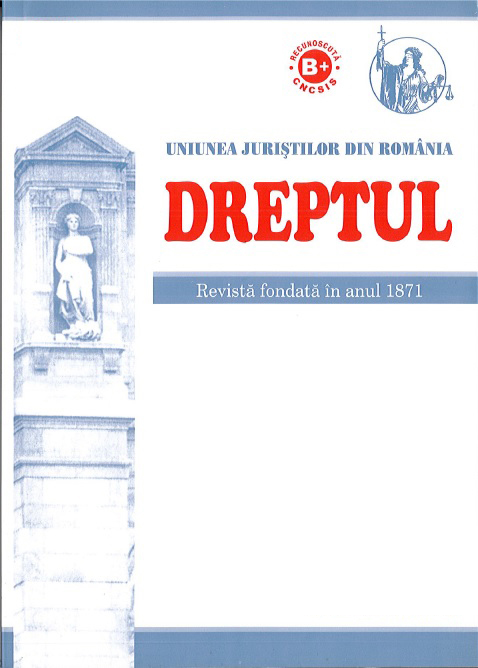The manner of regulating the contestation of the claim in the payment order procedure, generates a few controversies, indicated by the doctrine related to this procedure.
Thus, the first of these concerns the contestation of the claim after the deadline for the submission of the claim is exhausted, in case the debtor does not meet or does not respect the related time limit, namely the admissibility in principle of such a contestation. The answer is affirmative, but with nuances; the claim can also be contested in such a situation, but only by way of pleas of public order, of the plea of inadmissibility due to the necessity to administer some evidence incompatible with the payment order procedure or through defences on the merits, which will be justified only by the evidence administered until the moment when the claim is contested.
Operating an analogy of study with the contestation to enforcement, considered as a contestation to title, it is necessary to specify whether the legislator’s generic references to the contestation of the claim concerns the situation of a contestation to the title related to the claim inclusively. The conclusion is that the legislator has used the term „contestation” in its meaning lato sensu, consequently the answer is affirmative.
Another controversy concerns the situations when the debtor does not specify his procedural position throughout the procedure, that is, if the judge of the case is authorized to question ex officio the possible reasons that would constitute such contestation to the claim. The conclusion of the study, derived also from the European legislation and judicial practice, is that the answer is still affirmative, but only provided that there is an express regulation imposing such an obligation for the judge of the case, such as in the situation of abusive contractual clauses.
In the absence of any reference of the legislator within the regulation of the payment order procedure to the counterclaim, it is necessary to answer whether the institution of the counterclaim, regulated under the common law procedure, is compatible with this special procedure.


